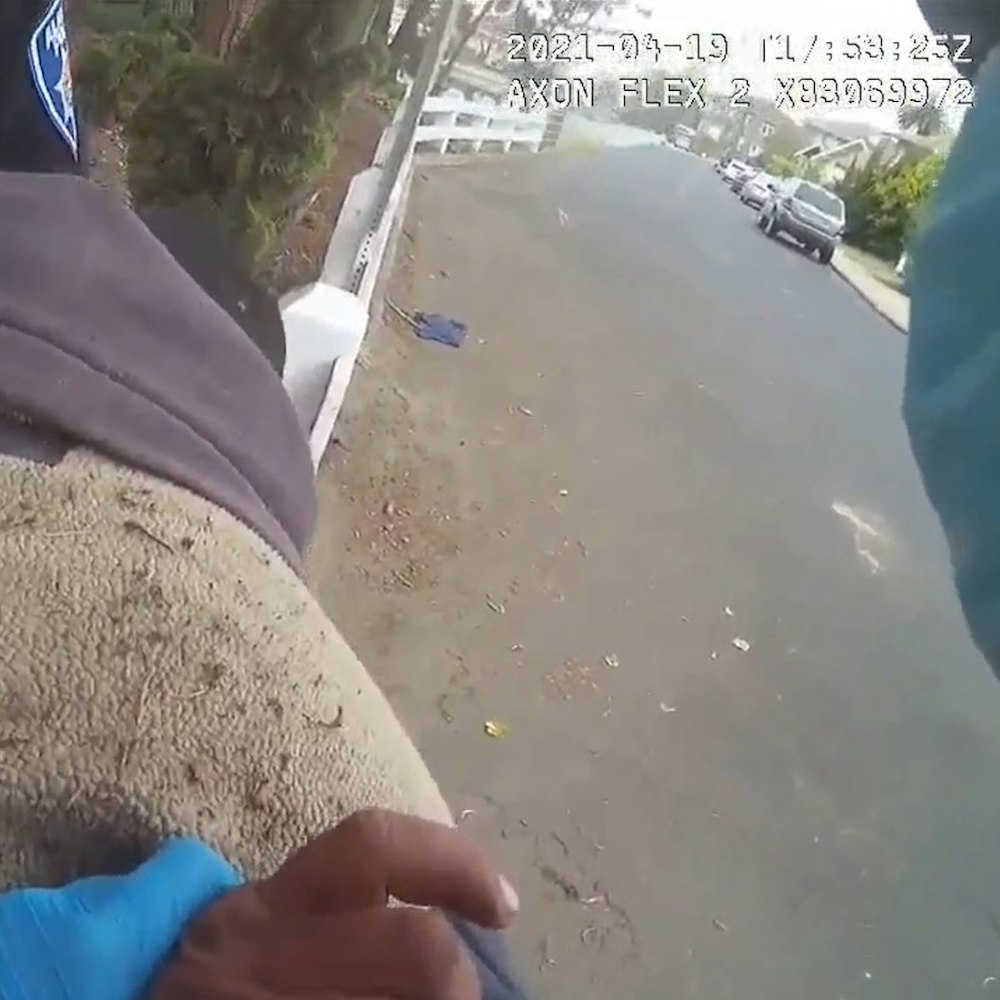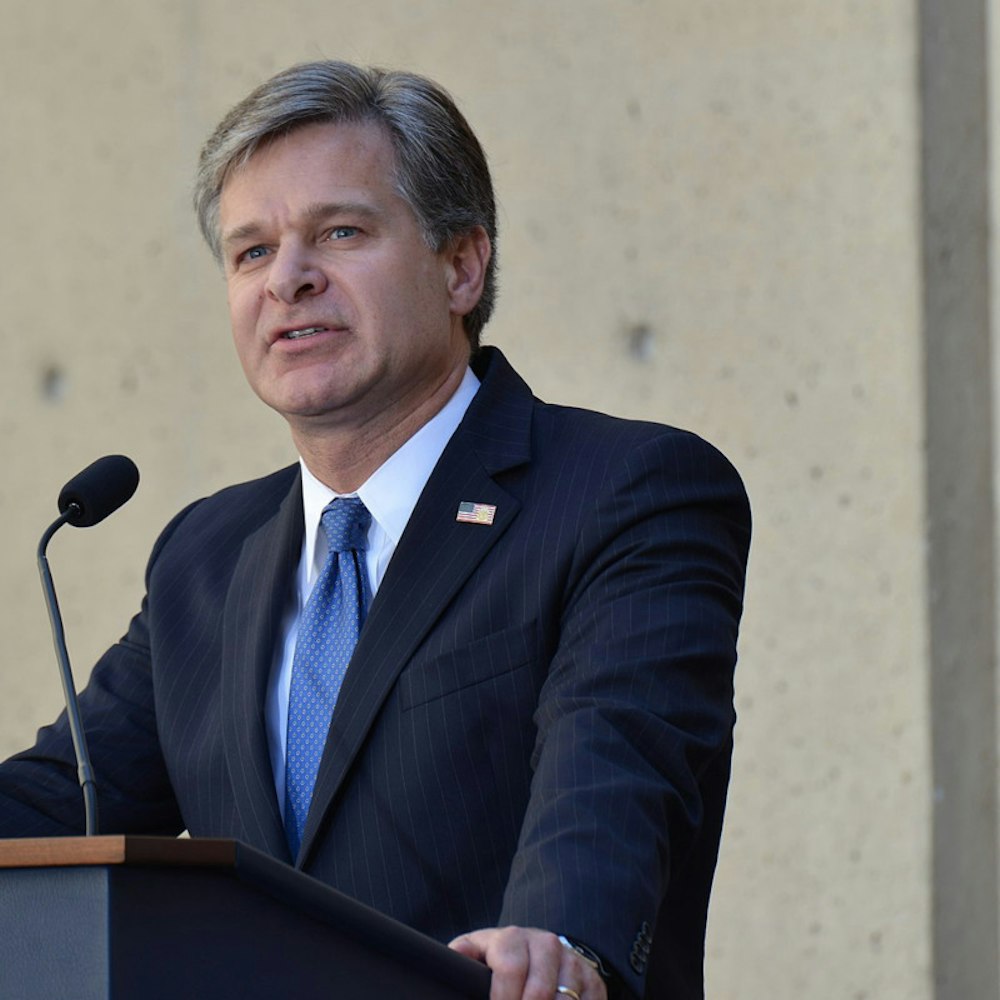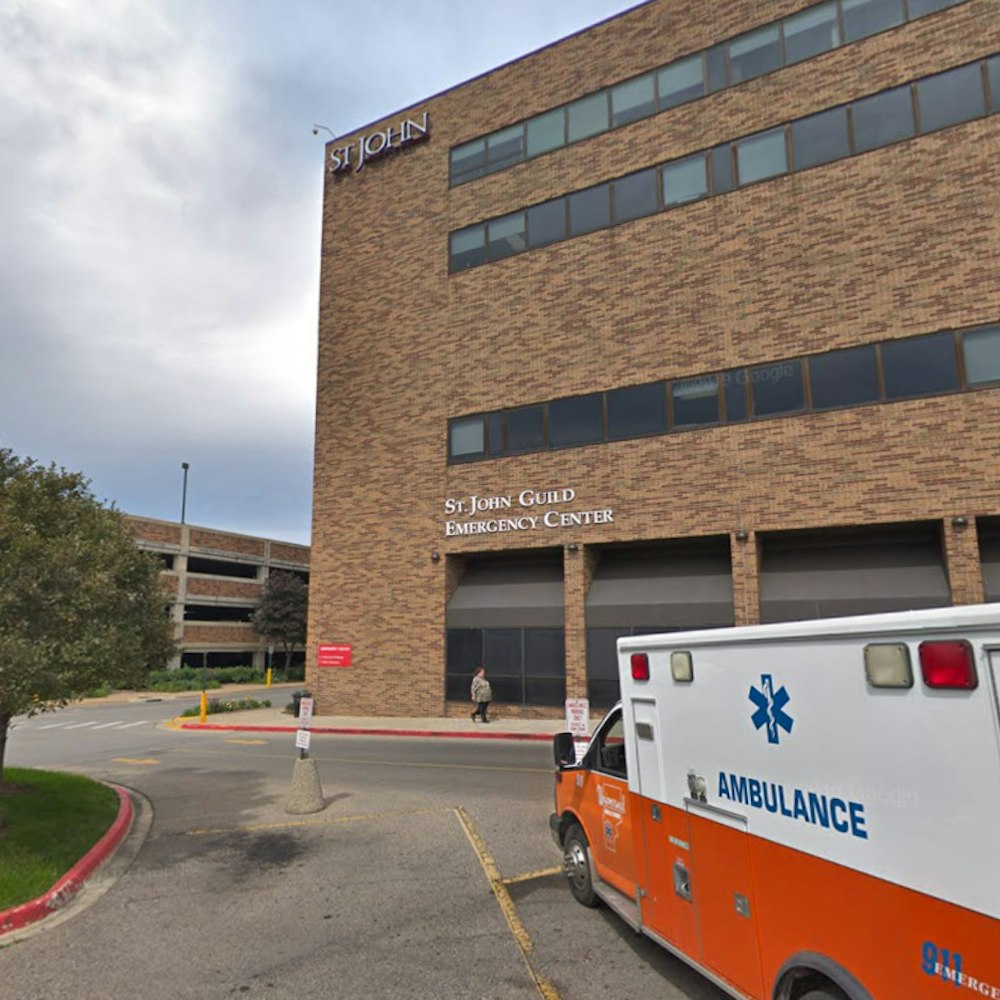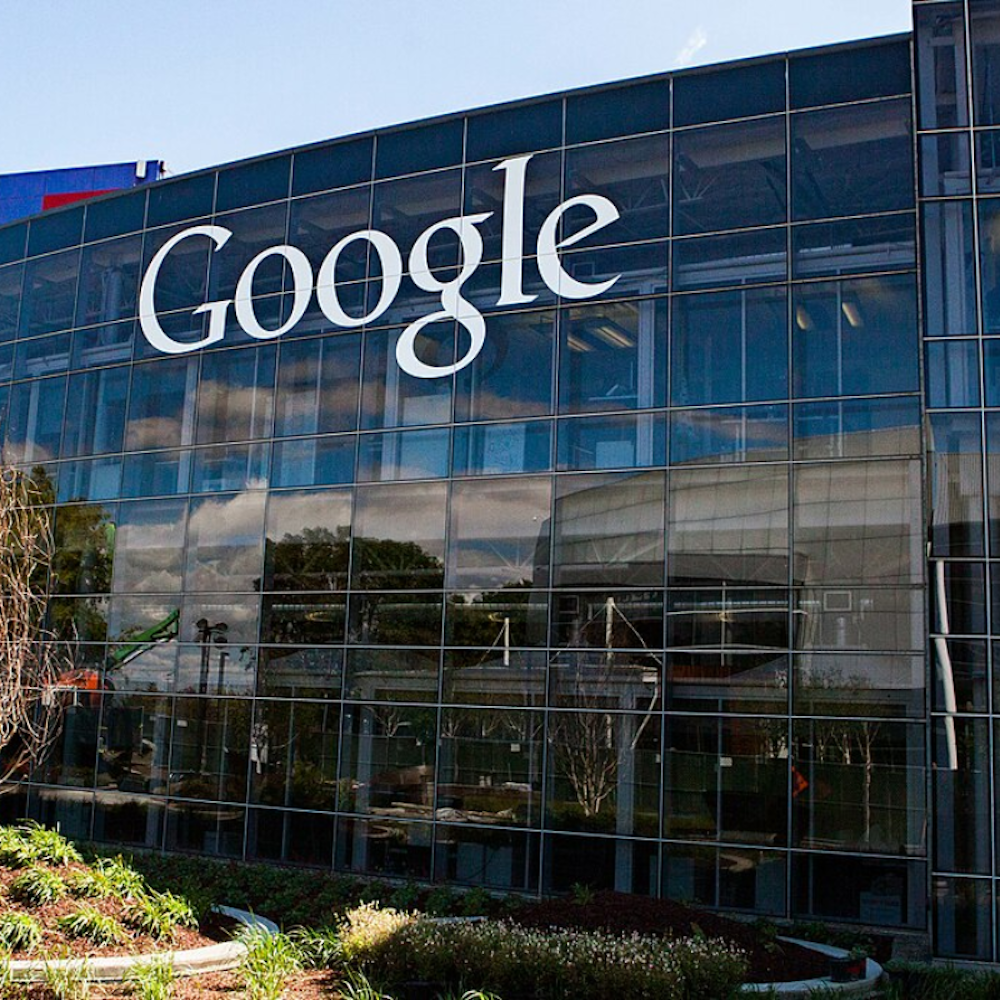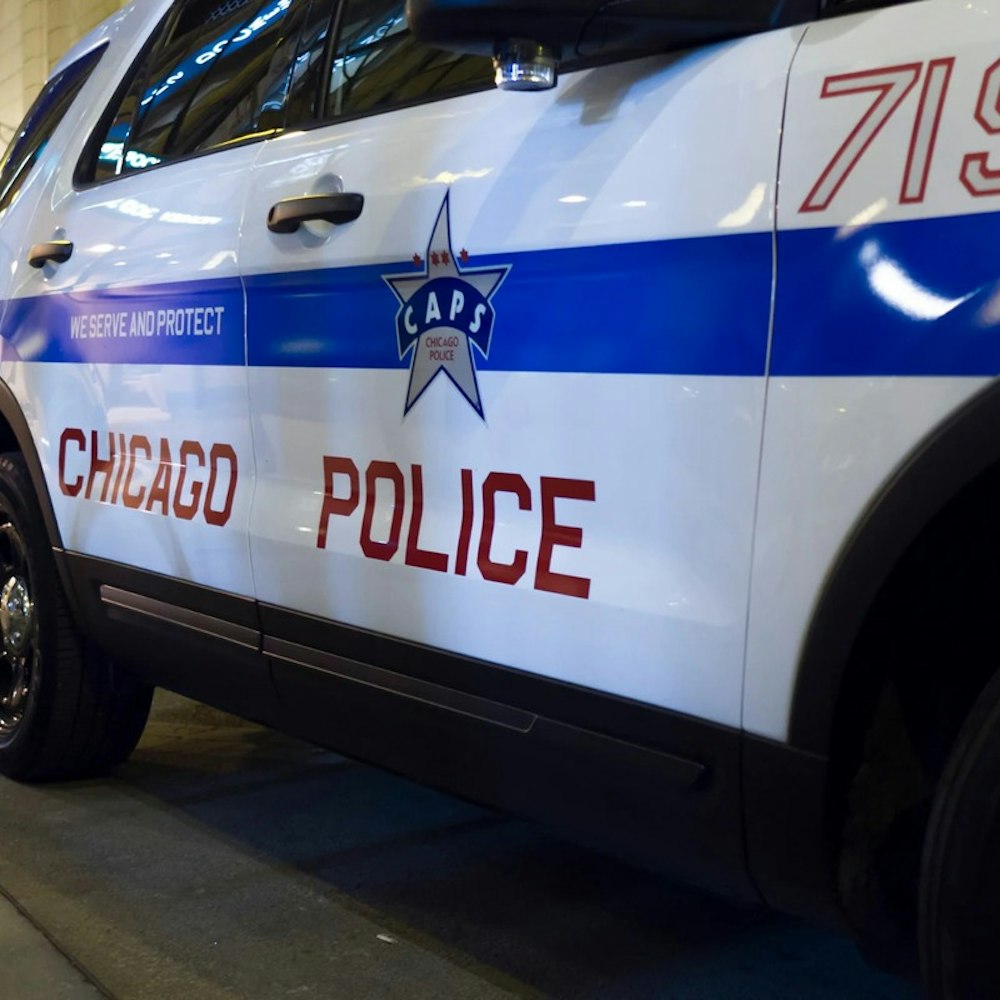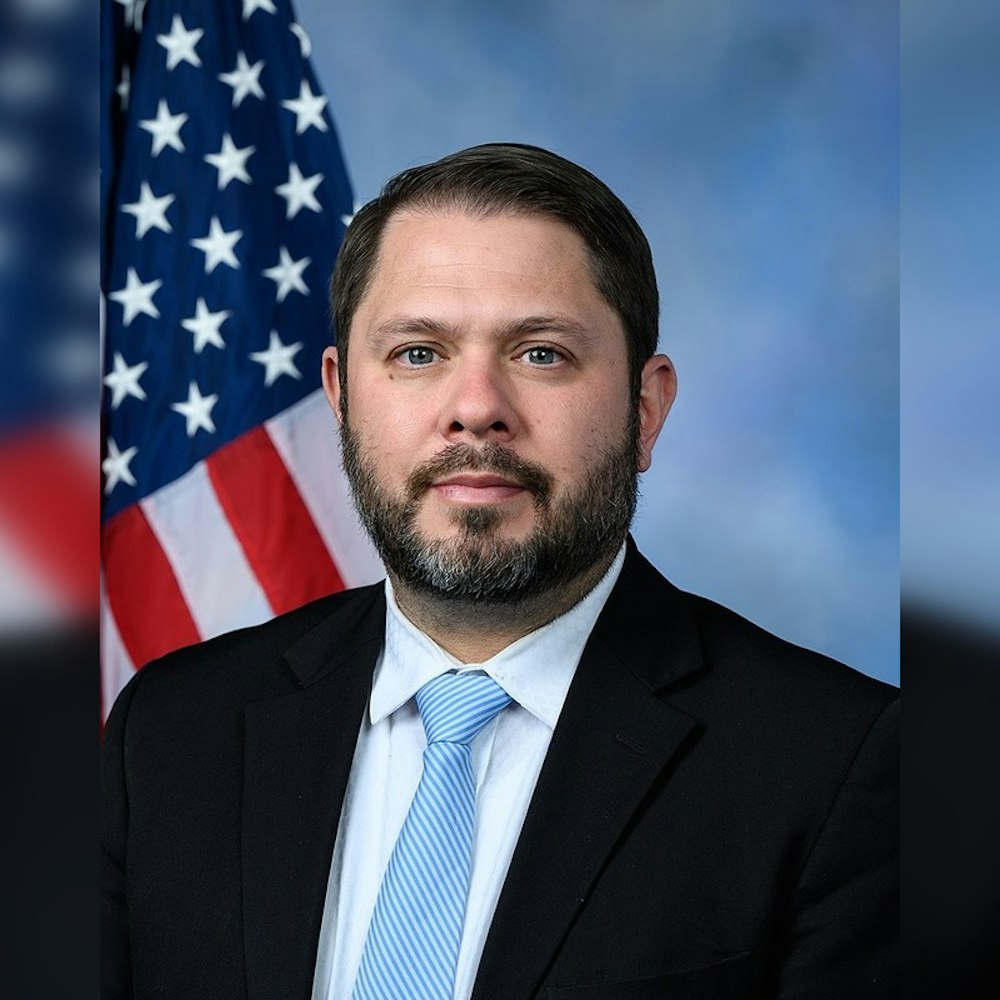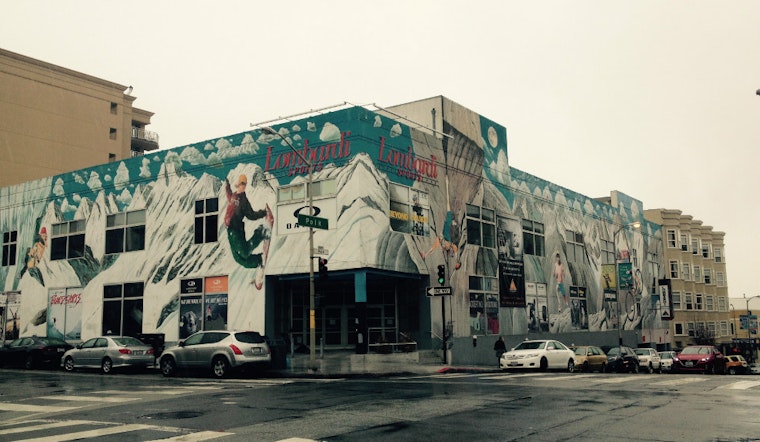
At yesterday's weekly Planning Commission meeting at City Hall, commissioners debated District 3 Supervisor Aaron Peskin's plan to prohibit formula retail in the Polk Street Neighborhood Commercial District. After over four hours of public comment and discussion, the commission voted to disapprove the proposal, by a 4-3 vote.
According to section 303.1 of the San Francisco planning code, formula retail is defined as “establishments with multiple locations and standardized features or a recognizable appearance." It applies to businesses that have 11 or more stores worldwide.
Peskin's proposed legislation would essentially ban all new formula retail businesses along the approximately mile-long corridor of Polk Street between Post to Filbert, and Larkin Street between Post and California. Similar anti-formula retail legislation already exists in North Beach, Chinatown and Hayes Valley, among other neighborhoods.
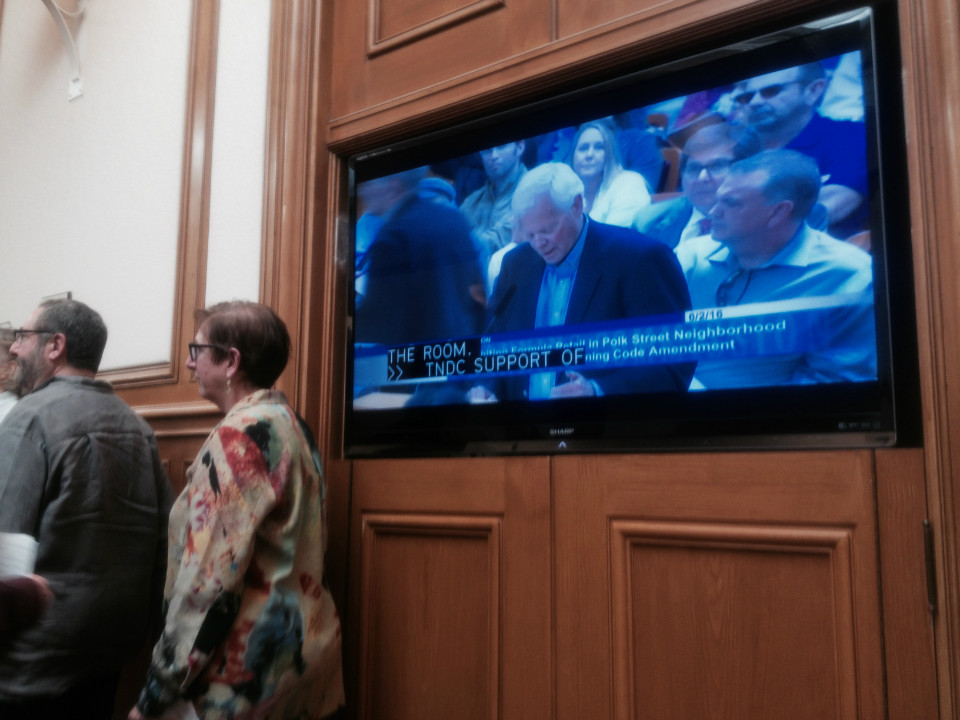
In the case of Polk Street, the proposed legislation was a response to a conditional-use authorization application from Whole Foods for 1600 Jackson Street, the former Lombardi Sports site.
Originally, Village Properties, the company that bought the building from the Lombardi family, planned to use the site for housing, with the strong support of Peskin and several neighborhood groups. However, those plans were nixed when Whole Foods approached the owners and signed a long-term lease to open Whole Foods 365, a new, lower-priced concept store that recently debuted its first location in Los Angeles.
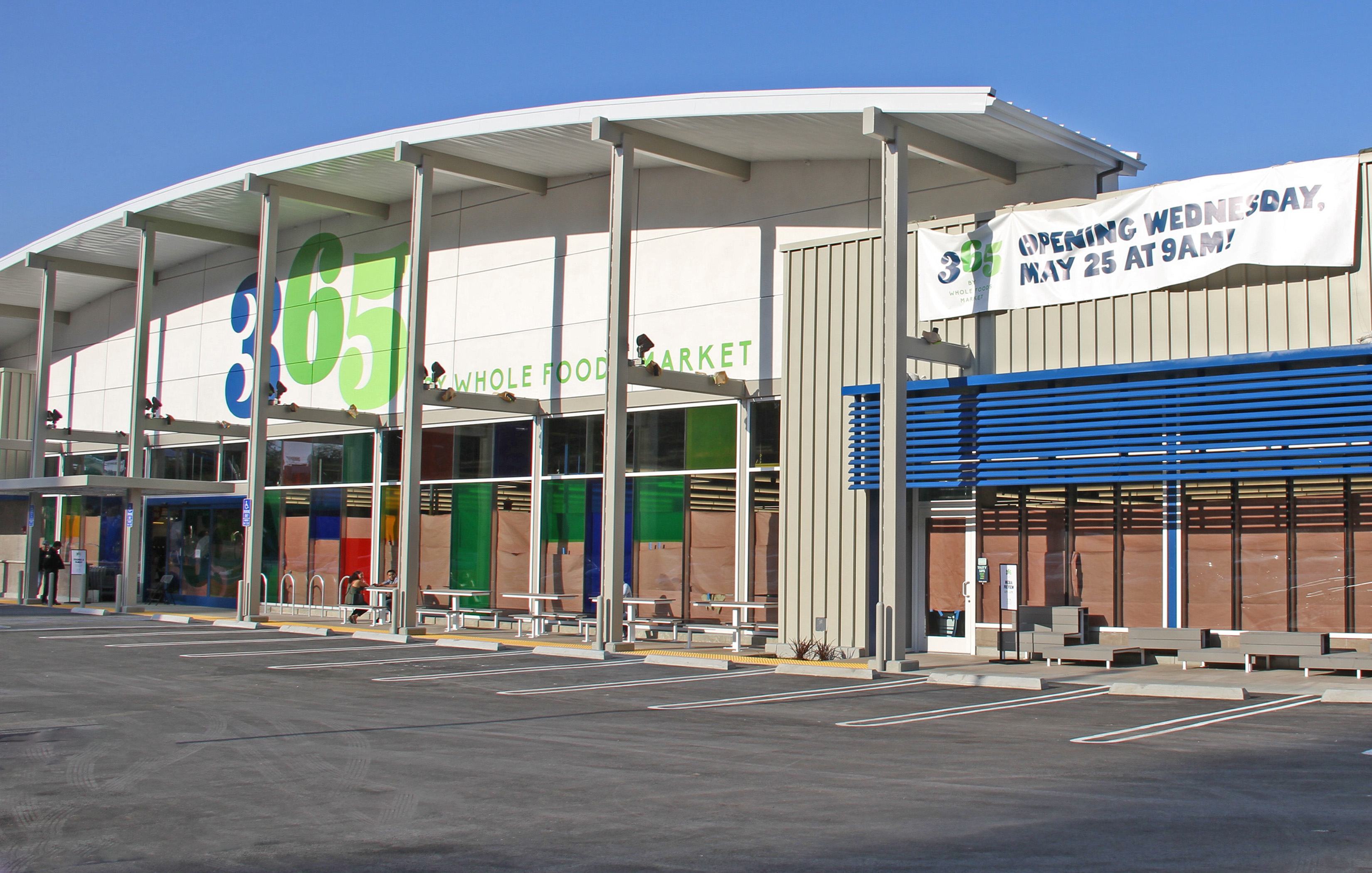
Photo: Courtesy of Whole Foods
Sunny Angulo, legislative aide to Peskin, kicked off the meeting by stating that the proposed legislation was intended to mitigate small business displacement in the neighborhood. She noted that the ordinance was supported by multiple neighborhood organizations, including Lower Polk Neighbors and Middle Polk Neighborhood Association, and played a video highlighting small Polk Street businesses.
Angulo said the legislation wasn't about Whole Foods 365, but about preserving the character of the neighborhood. “Our small businesses need our support and our help,” she said. “Whole Foods will still have its hearing with the Planning Commission at a later date.”
Were the law to pass, Whole Foods 365's application, along with any other current formula retail applications, would actually be grandfathered in. While this language isn't currently in the legislation, a commission staff member said that Peskin's office assured them that the bill will be amended.
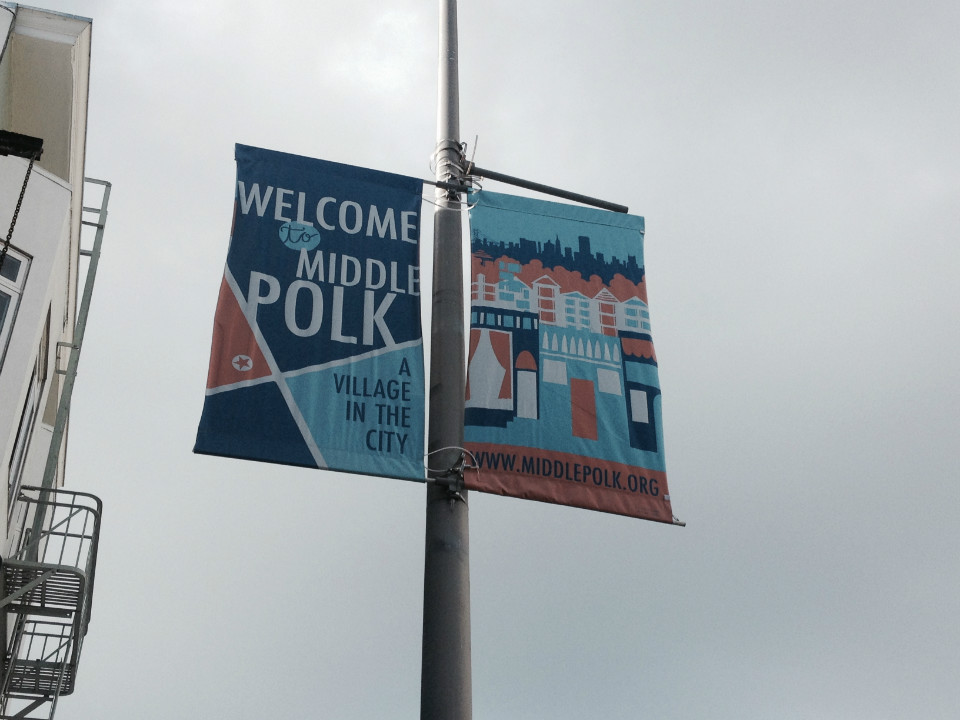
Despite Whole Foods being grandfathered into the proposed ban, public comment from those opposed to the legislation were overwhelmingly centered around the grocery store.
Richard Cardello, a board member with Russian Hill Neighbors, told the commission that he was against the ban. His organization conducted a survey that concluded that a majority of residents wanted a grocery store at the former Lombardi site.
Cardello said that there are enough restrictions for formula retail in the existing conditional-use authorization process. “It seems that the conditional use process is working,” he said.
Several residents of 1591 Jackson Street, right across the street from the proposed Whole Foods, also spoke in favor of the store. Noting that the city's transit-first policy has encouraged more people to stop using their cars, they argued that having a grocery store within walking distance would help mitigate vehicle traffic.
One speaker spoke of receiving a ticket for double-parking outside of his home as he brought in groceries with his two kids, even though his entrance is 37 steps up from the street. “If I was able to walk to the store, that wouldn't be a problem.”
But other residents said that there are plenty of options within walking distance from their homes. Within a six-block radius of the proposed site, there's a Trader Joe's, Golden Veggie, Real Foods, the Cheese Store, the Jug Shop and even a full-sized Whole Foods.
"If this was a neighborhood that was a food desert, it would be a different story," Peskin told us in a previous interview. "But Polk Street is not Anywhere, USA. It’s one of the reasons why so many tourists visit us.”
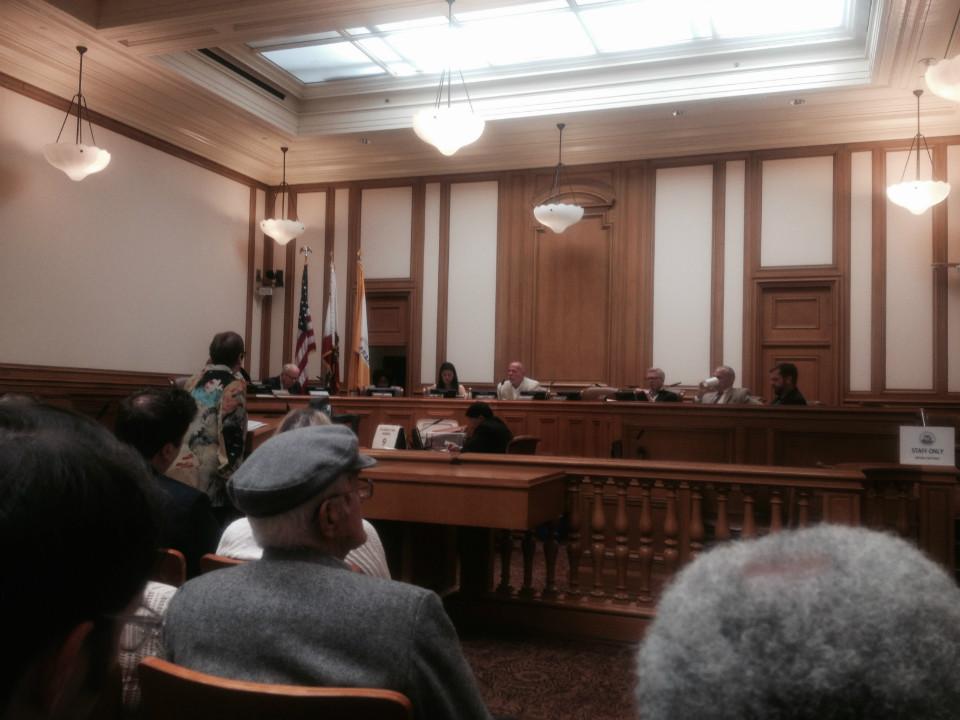
Commissioner Michael Antonini said he was not in support of the ban. “I think that this is a solution looking for a problem,” he said. He noted that only three applications for formula retail on Polk have been reviewed since 2011; two were accepted, and one was not approved.
“I think that for the most part, it feels like the conditional-use process works,” agreed Commission president Rodney Fong. After debating with his colleagues, however, Fong eventually said that he would be in support of a compromise between the current conditional-use process and the proposed all-out ban.
Commissioner Rich Hillis agreed, and said he would encourage the Board of Supervisors to work on legislation that was more nuanced. For example, there could be an exception for locally owned formula retail. “We don't get much opposition from people when Philz Coffee is opening up a new location, but we do from Starbucks," Fong said.
At one point, there was a discussion about sending the bill back to the Board of Supervisors with with no recommendation, but that idea was tabled. "I don't want to punt on the issue," said commissioner Christine Johnson.
Eventually, there was a call to approve the legislation with modification by Hillis, which failed, 3-4. In the end, a motion to disapprove was passed, 4-3.
Despite the vote, Moe Jamil, president of the Middle Polk Neighborhood Association, said that he is still encouraged. Yesterday's hearing is just the first step; on June 13th, the legislation will be reviewed by the Small Business Commission before ultimately going to the full board.
Since Whole Foods is grandfathered in, Jamil believes that when the legislation goes to the Board of Supervisors with some new modifications, it will pass.
“The Planning Commission was unanimous in recognizing that enhanced controls are needed on Polk," agreed Chris Schulman of Lower Polk Neighbors. "There just wasn't a consensus on how to get there.”

